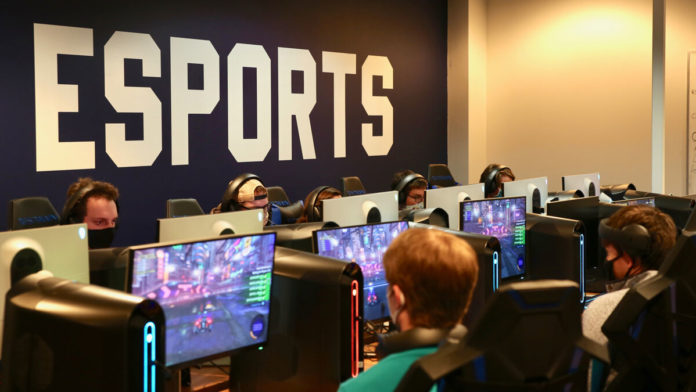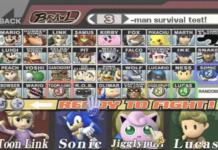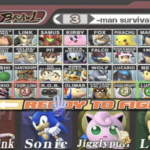The world was a very different place in January 2020.
For Ryan Hinds, it was a new beginning; he had just been hired as the Head Coach of the esports program at Concordia University in Nebraska. Preparing for a launch in the fall of 2020, Hinds was only a few months into planning for the program’s debut when the entire world was upended by the coronavirus pandemic.
Esports programs have begun popping up more and more in the past five years. However, there’s a huge difference between starting up a program in “regular” times and starting up a program in the midst of an unprecedented health crisis.
“Talking with a lot of program directors, they said ‘Oh, your first six months or so will be figuring a lot of things out before they start to fall into place.’” Hinds told ggnn00b in an interview. “For me, it’s been more like 12 months.”
Now having worked with Concordia for a full year, Hinds continues to maneuver growing a brand new varsity esports program while reconciling the struggles and issues that come with COVID-19.
Originally working as a mechanical engineer, Hinds had been a longtime fan of esports when he discovered the competitive scene for League of Legends. He began his work involving esports and schools when his wife, a high school teacher, noted that students were interested in the world of competitive gaming.
“We started a sort of gaming club at the school, and we wanted an educational purpose to what we were doing. We adopted the esports format so that we could hold tournaments, and then through that we could tell students that they had keep their grades up in order to be eligible [to compete.]”
What started in one high school led to connections with various others throughout Nebraska, ultimately leading to Hinds co-founding the Nebraska School eSports Association (NSESA.) This created an infrastructure for esports clubs and teams in high schools all around Nebraska to compete against each other in multiple esports games.
While Hinds concedes that money is next to non-existent in high school esports, he stresses the importance of administrations to show support to students who have an interest in it.
“High school administrations can vary from no interest at all to dismissive to very interested.” Hinds explains. “What I say is that even a small show of support can go a long way in making these groups feel like they’re a part of the student body.”
Contrast this with esports at the collegiate level; Hinds joined Concordia University in January 2020. College administrations are increasingly interested in esports, which allows for more capital and resources to work with. This also comes with greater expectations for results.
“It can sometimes feel like you’re on a shorter leash; mainly because after investing some resources into the program, a certain level of results is expected.”
“It’s important to communicate that the infrastructure [for an effective] esports program takes time.”
The biggest issue that Concordia University Esports has had to deal with is enrollment; a huge selling point is the environment and the culture the school can bring, especially related to what the esports program offers. But with so little visitations due to COVID-19, it’s been hard to secure more students for the program.
“People are wondering if they want to travel further away for school, at least for the next year.” Hinds explains.
Despite the problems brought on by the pandemic, Concordia University Esports is in good hands. Hinds takes inspiration from successful collegiate esports models from around the country, such as Boise State, and implements them into what Concordia can offer.
“I hope that anyone who comes through Concordia University will recognize that they are joining not only a team, but a community that they can relate with. That they will be pushed to succeed not only in playing, but also as an individual and an academic.”
“We want our students to finish the program having made connections, gotten their degree and to have had a great esports experience in university.”
The investment in esports at both the college and high school level will be a necessity in years to come; the effect that it can have on young students is immeasurable.
Hinds tells the story of a high school esports team that made it to the finals of a competition. This high school organized a pep rally for the football, volleyball and esports teams to celebrate their achievements and to hype them up for the upcoming matches. One esports player was handed a microphone at the rally and he said: “This is the first time I’ve ever felt like I’m a part of this school.”
For Hinds, that opportunity for students is what makes esports at the high school and collegiate level so important.
“It allows students to connect in a way that they never have before.”
Be sure to follow Concordia University Esports on Twitter!
Check out the full hour-long interview below!











